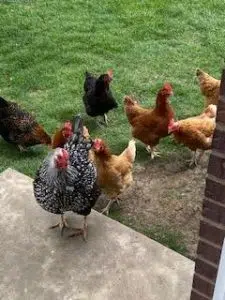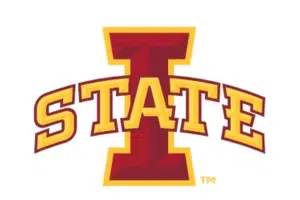(Undated) The Canadian government has purchased 500,000 human vaccine doses of the H5N1 bird flu strain to ensure that Canada is ready for such a health threat. Canada had it’s first reported domestically acquired human case of avian influenza in November. The purchase of the vaccine by the Canadian government is seen as a proactive step to prepare for the threat of a spread into the human population.
The Public Health Agency of Canada says it’s supply of GSK’s human vaccine will be split up, with 60 percent of the available doses going to provinces and territories, while the remaining 40 percent will be kept in the federal stockpile inventory at Ottawa.
At the same time as normal seasonal human influenza cases increase, health officials are also monitoring a growing possibility – a potential fusion of human and bird flu strains. When viruses mix, the result could give rise to a new pathogen.
Dr. Shayan Sharif is an Immunology professor at the University of Guelph. Sharif warns that a person who is experiencing seasonal flu symptoms should not work with, or be near poultry flocks, when that person is not feeling well.
Seasonal human flu cases are always on the rise at this time of the year. And as the spring bird migration ramps up, there is always the potential for more cases of avian influenza in domestic poultry flocks.
So, the more cases of human flu that are out there, the more likely it is that the virus could mix with the bird flu, creating a new virus. This, according to Matthew Miller,
the director at the DeGroote Institute for Infectious Disease Research at McMaster University in Hamilton.
The Public Health Agency of Canada says that risk to the public remains low. Human infections of avian influenza are rare and usually occurs after close contact with infected birds. Still, Miller agrees with Dr. Sharif that this is the time of year that normal, seasonal flu viruses are most common.
And, if you are feeling the effects of normal, seasonal flu, it is best that you stay away from poultry flocks.
Again, that’s Matthew Miller of McMaster University in Hamilton.”
(Story courtesy of NAFB)













